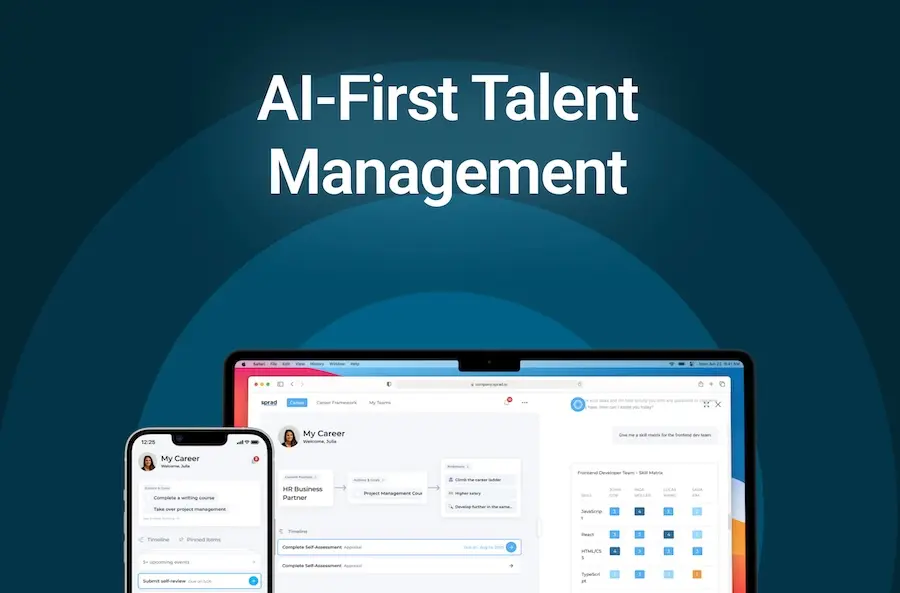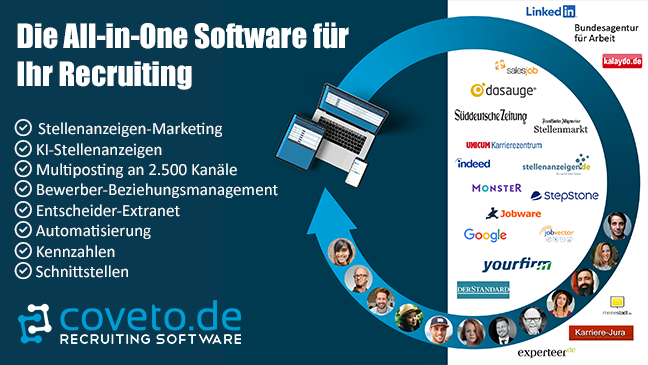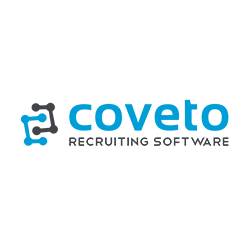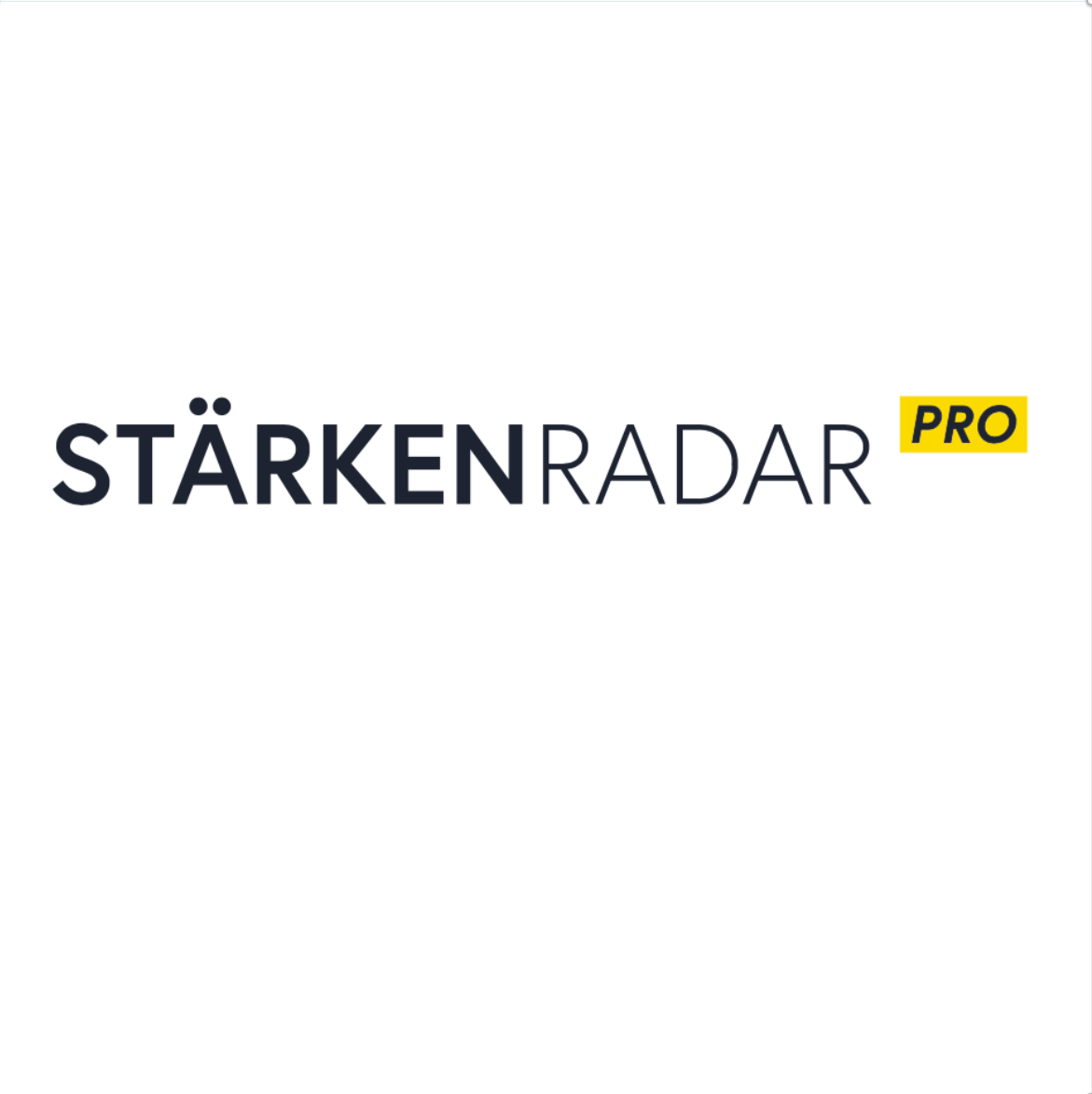
Coursera















Coursera - Practical Digital Learning Platform for Technical Skills Development
Coursera provides organizations with a structured way to develop technical capabilities. As a Digital Learning Platform it pairs university-grade content with hands-on projects. HR teams gain tools for skill-gap analysis, role-based learning paths and a recommendation engine that suggests courses based on assessments.
Key problems addressed
Complex learning roadmaps become manageable. Coursera reduces the administrative load of matching learning objectives to content through predefined learning paths and channels for team-wide training. Skill assessments surface real gaps; project-based coursework verifies practical application. This narrows the gap between training input and measurable outcomes.
Strengths and limitations
Strengths include content quality and catalog depth. Certificates from recognized partners increase internal credibility of training. Technical features such as API access, SSO and advanced analytics simplify integration with HR systems and reporting. Interactive modules and short comprehension checks support retention.
Limitations show up in pricing and support. Small teams may find the pricing structure costly. Some users report mobile app limitations and occasional challenges when integrating with complex existing systems.
Relevance for HR and leadership
Coursera addresses strategic and operational talent development needs. The platform advances Technical Skills Development through applied projects and ongoing assessments. HR gains clearer performance metrics and structured career paths. Leaders receive data to prioritize investments that deliver business value.
Overall, Coursera is a scalable option to connect digital learning with verifiable results. The platform fits organizations that require systematic, technical upskilling and traceable outcomes.
HR Software Provider is listed in the following categories:
More information

Assessment
Features
Skill Gap Analysis
Provides features to highlight exactly what skills need work.
Skill Assessment
Contains a pre-course assessment for all skill development courses.
Projects
Gives students projects for the purpose of demonstrating their technical skill acquisition.
Comprehension Checks
Provides in-course short assessments to assess learner comprehension and test knowledge retention.
Course Recommendation Engine
Recommends courses and serves up content based on results from skill and role assessments.
Learning Paths
Contains externally curated courses created by experts or vendors for learners to opt in to.
Channels
Serves up team-wide courses to address skill gaps introduced by team or company-wide changes.
Interactive Content
Offers interactive content to engage learners.
Video Content
Provides video content for course delivery.
Advanced Analytics
Offers advanced analytics for tracking learner progress and performance.
SSO
Supports Single Sign-On for user authentication.
API Access
Provides API access for integration with other systems.













